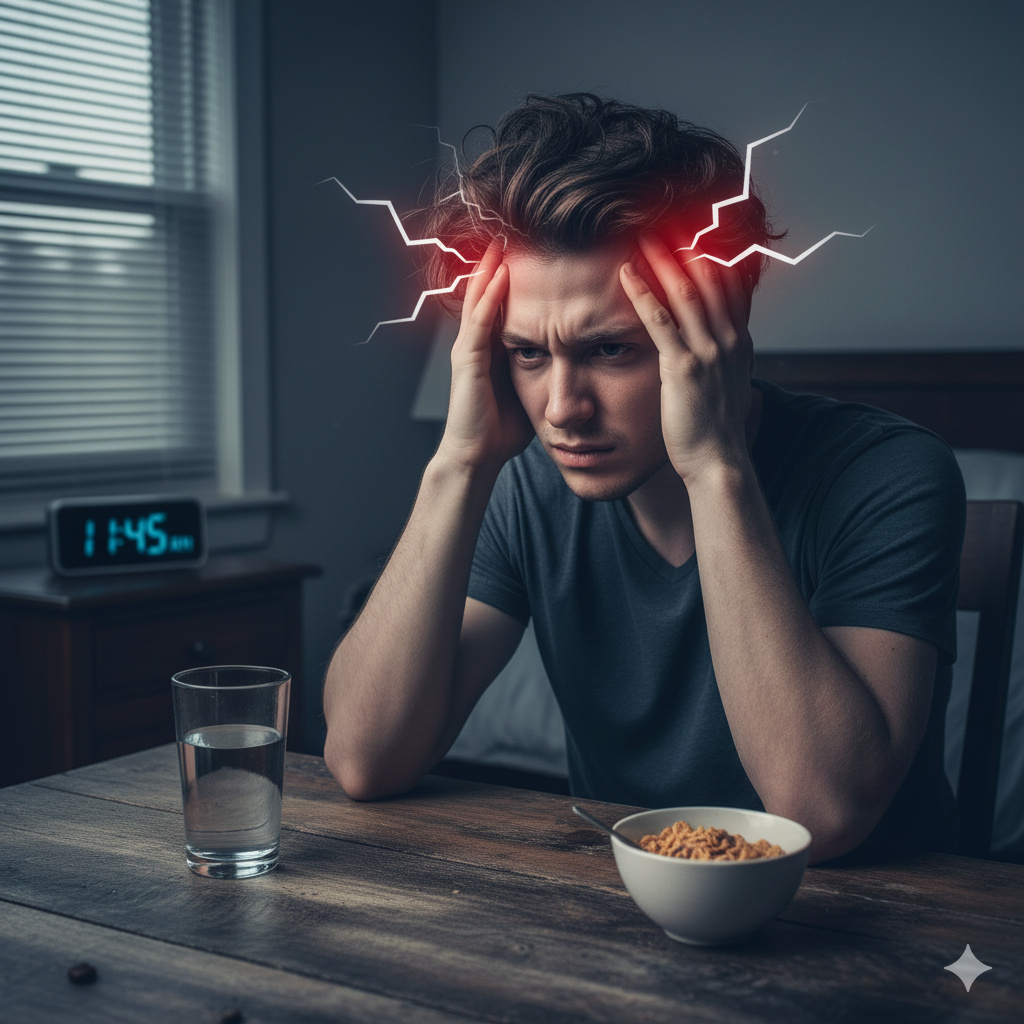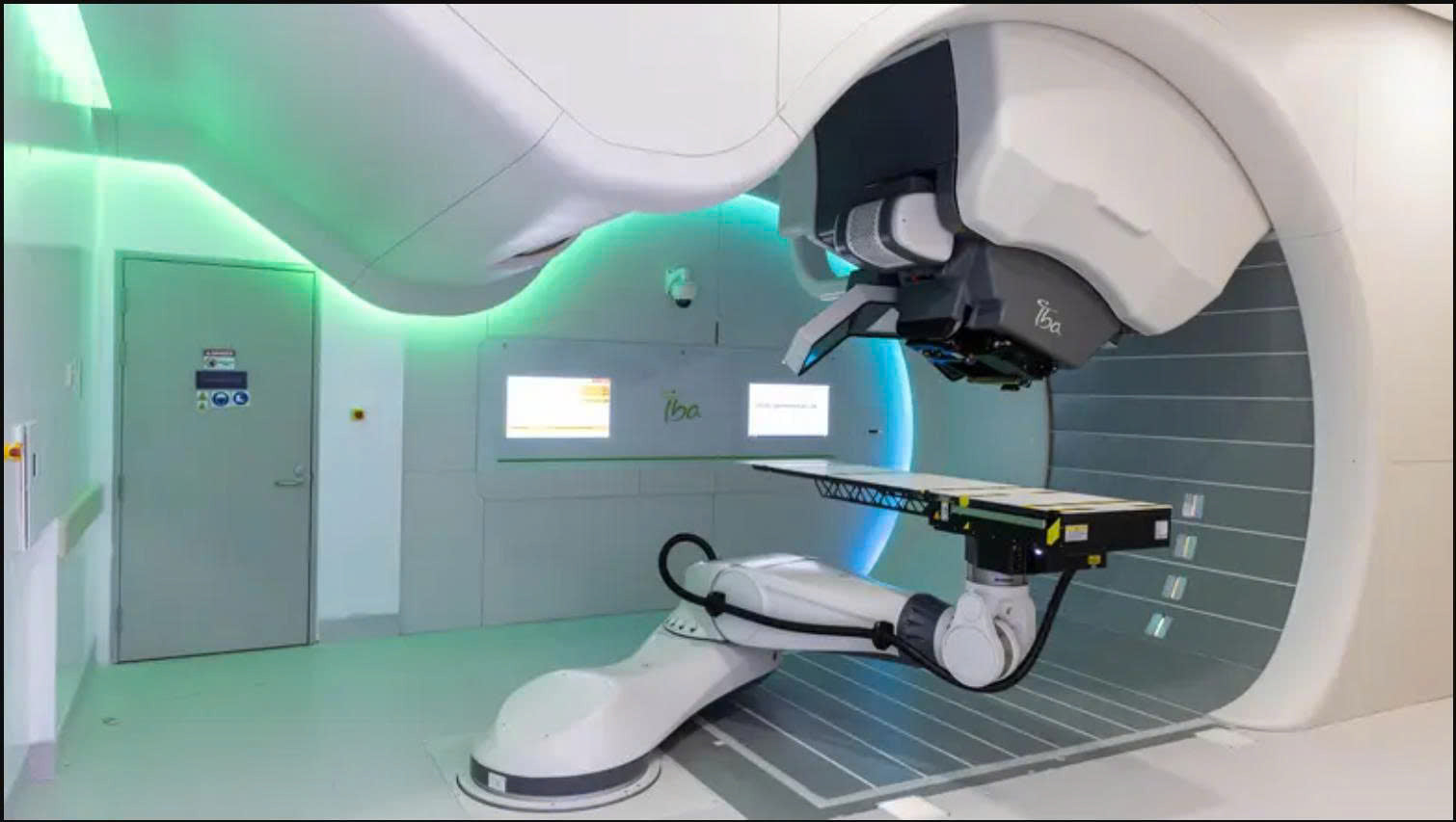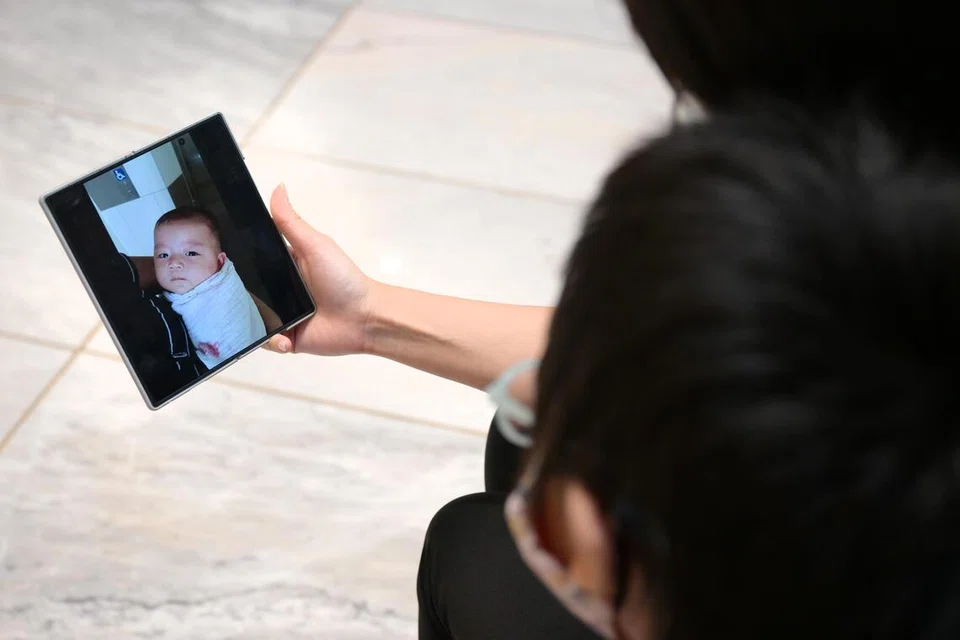Caffeine Withdrawal Headache
- sức khỏe
- Suncare
- đau đầu

What is a caffeine withdrawal headache?
Caffeine withdrawal headaches are a type of headache that occur when a person who regularly consumes caffeine suddenly reduces or stops their intake.
Caffeine, a stimulant found in coffee, tea, soft drinks, and some medications, affects the central nervous system. When regular consumption is stopped, the sudden lack of caffeine can lead to withdrawal symptoms, including headaches. These headaches are a common part of caffeine withdrawal and can range from mild to severe.
 What are the symptoms of a caffeine withdrawal headache?
What are the symptoms of a caffeine withdrawal headache?
Symptoms of a caffeine withdrawal headache may include:
- Throbbing or throbbing headache, usually on both sides of the head
- Sensitive to light and sound
- Tired or sleepy
- Irritability or mood swings
- Difficulty concentrating
- Difficulty sleeping
- Nausea or vomiting in severe cases
Caffeine withdrawal headaches usually begin within 12 to 24 hours after your last caffeine dose and may peak within 20 to 51 hours (about 2 days). They usually resolve within a few days (2 to 9 days) as your body adjusts to the reduced caffeine intake.
When to seek medical attention?
You should seek medical attention if:
- Your headache is severe and does not improve with over-the-counter pain relievers
- You experience additional symptoms such as vision changes, difficulty speaking, or weakness
- Headache that lasts for several days without improvement
- You have underlying health conditions that may complicate withdrawal symptoms
What causes caffeine withdrawal headaches?
Caffeine withdrawal headaches are caused by suddenly stopping or reducing caffeine intake. Caffeine constricts blood vessels in the brain, and regular consumption can cause the brain to adapt to this effect. When caffeine is suddenly removed, blood vessels dilate, increasing blood flow to the brain and causing headaches. The lack of caffeine also affects neurotransmitter levels, which can contribute to withdrawal symptoms.
What are the complications of caffeine withdrawal headaches?
Although caffeine withdrawal headaches are usually temporary and not life-threatening, complications can arise, such as:
- Persistent headaches that interfere with daily activities
- Increased stress and discomfort
- Difficulty working or studying
- Sleep disorders, causing difficulty falling asleep or staying asleep
- Potentially aggravates pre-existing headache disorders, such as migraine
How to prevent caffeine withdrawal headaches?
Preventing caffeine withdrawal headaches involves managing your caffeine intake wisely:
- Gradually reduce the amount of caffeine you consume over time rather than quitting abruptly.
- Maintain a moderate, consistent daily caffeine intake if you don't want to quit.
- Replace caffeinated beverages with decaffeinated versions to help gradually reduce your overall caffeine intake.
- Explore alternative ways to boost energy, such as getting enough sleep, exercising regularly, and eating a balanced diet.
How are caffeine withdrawal headaches diagnosed?
Diagnosis of caffeine withdrawal headaches often includes:
- Detailed medical history and review of caffeine consumption habits
- Assess headache types and symptoms
- Get a physical exam to rule out other potential causes of headaches.
- In some cases, medical imaging or additional tests may be needed to rule out other underlying conditions.
How to treat caffeine withdrawal headaches?
Treatment for caffeine withdrawal headaches focuses on reducing symptoms and managing caffeine intake:
- Medicines, Over-the-counter pain relievers such as ibuprofen, aspirin, or acetaminophen may help relieve headaches.
- Rehydration, by drinking plenty of water. Dehydration can aggravate headaches.
- Rest and relax, include getting enough sleep, deep breathing, meditation, or gentle exercise.
- Gradually reduce your caffeine intake, Instead, stop caffeine intake abruptly to minimize withdrawal symptoms.
- Alternative drinks, like herbal tea or other caffeine-free beverages to help reduce caffeine dependence.
-------------------------------------------------------------------------------------------
👉 Contact SunCare for medical support and advice as well as professional private jet transportation services 🇸🇬 SUNCARE PTE. LTD SINGAPORE
🏠 Add: 10 Anson Road, #10-11 International Plaza, Singapore 079903
☎️ Hotline: +65 96727717 (Dr. Lien Minh - Director) Zalo, Viber
📨 Email: suncarehealth@gmail.com





